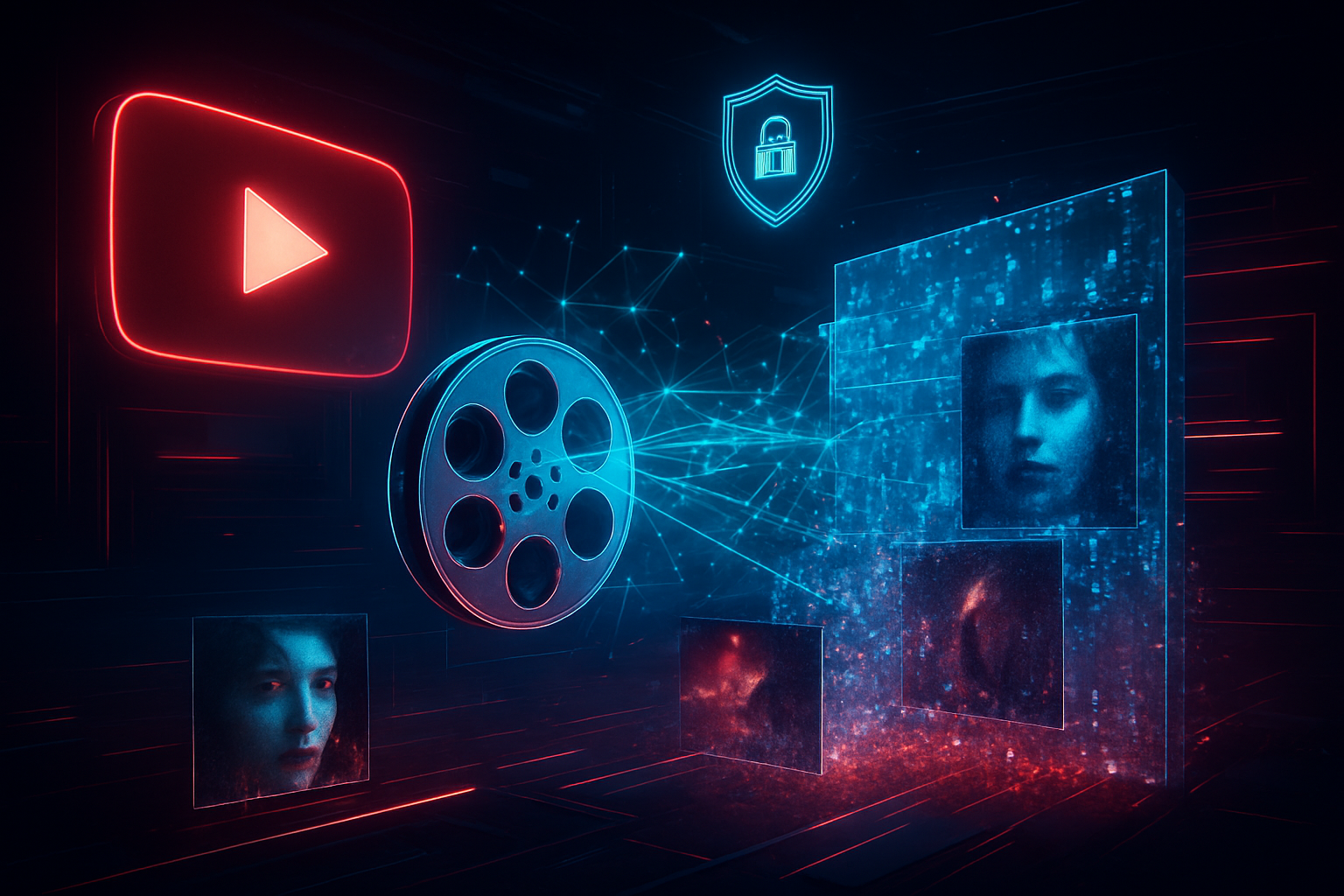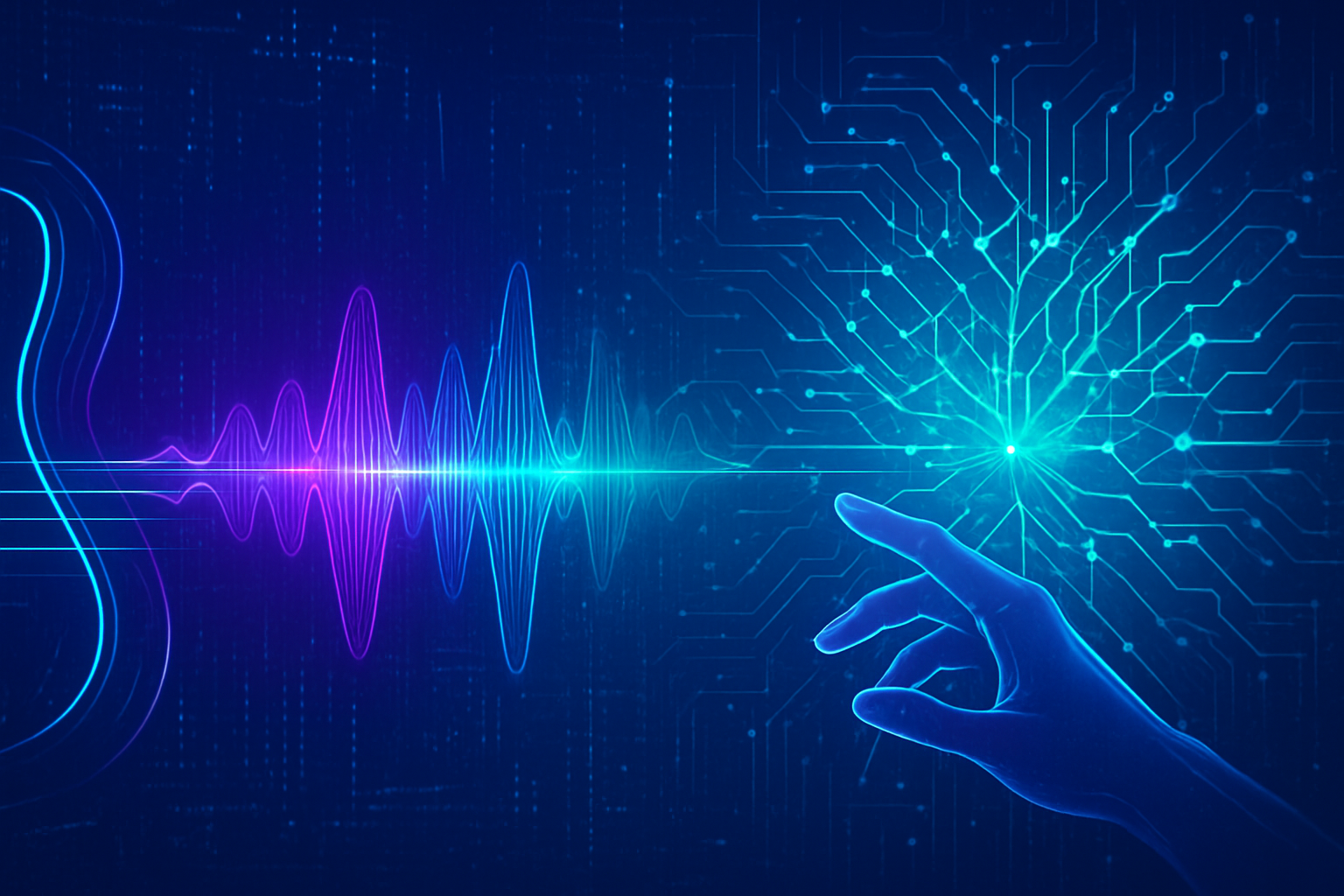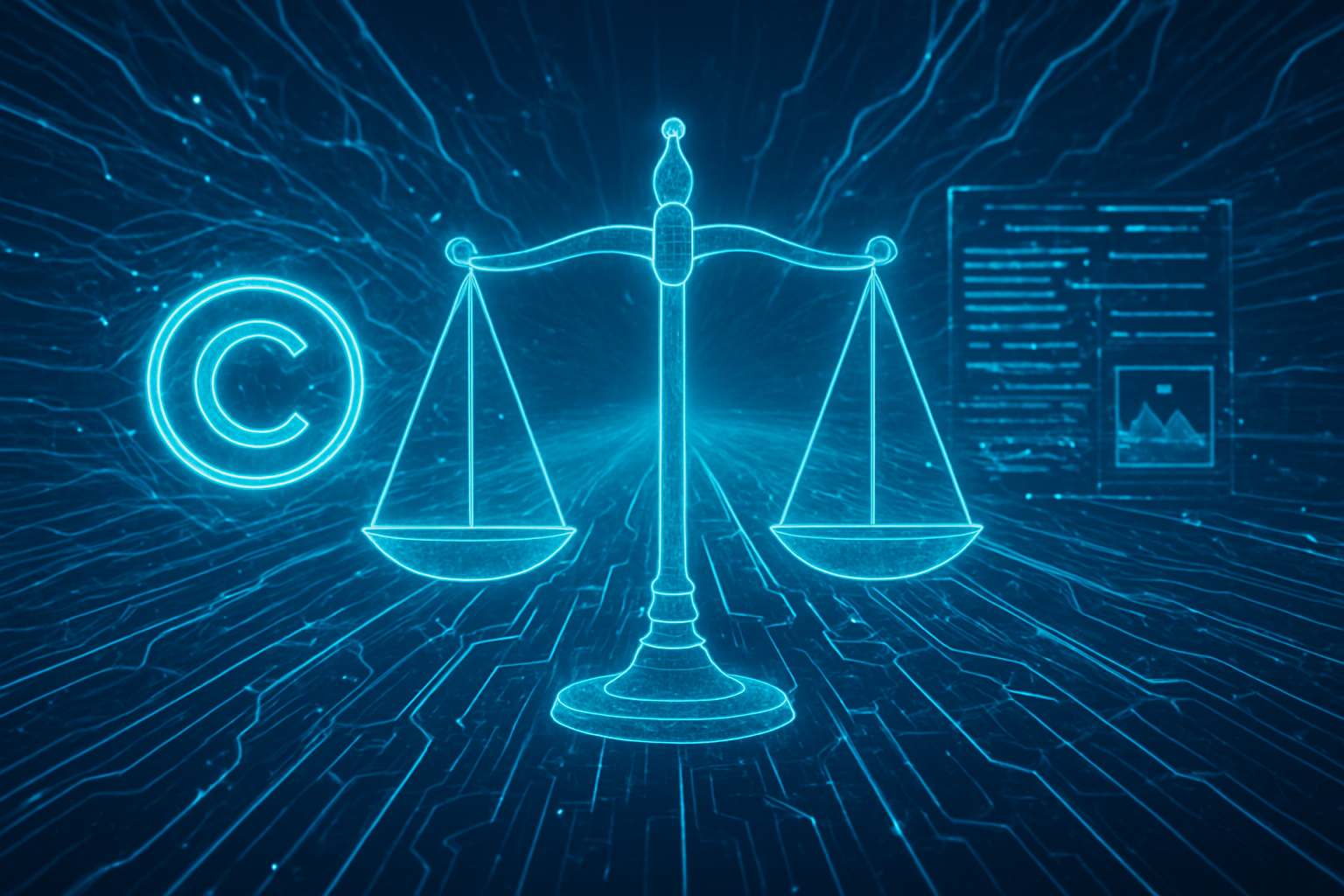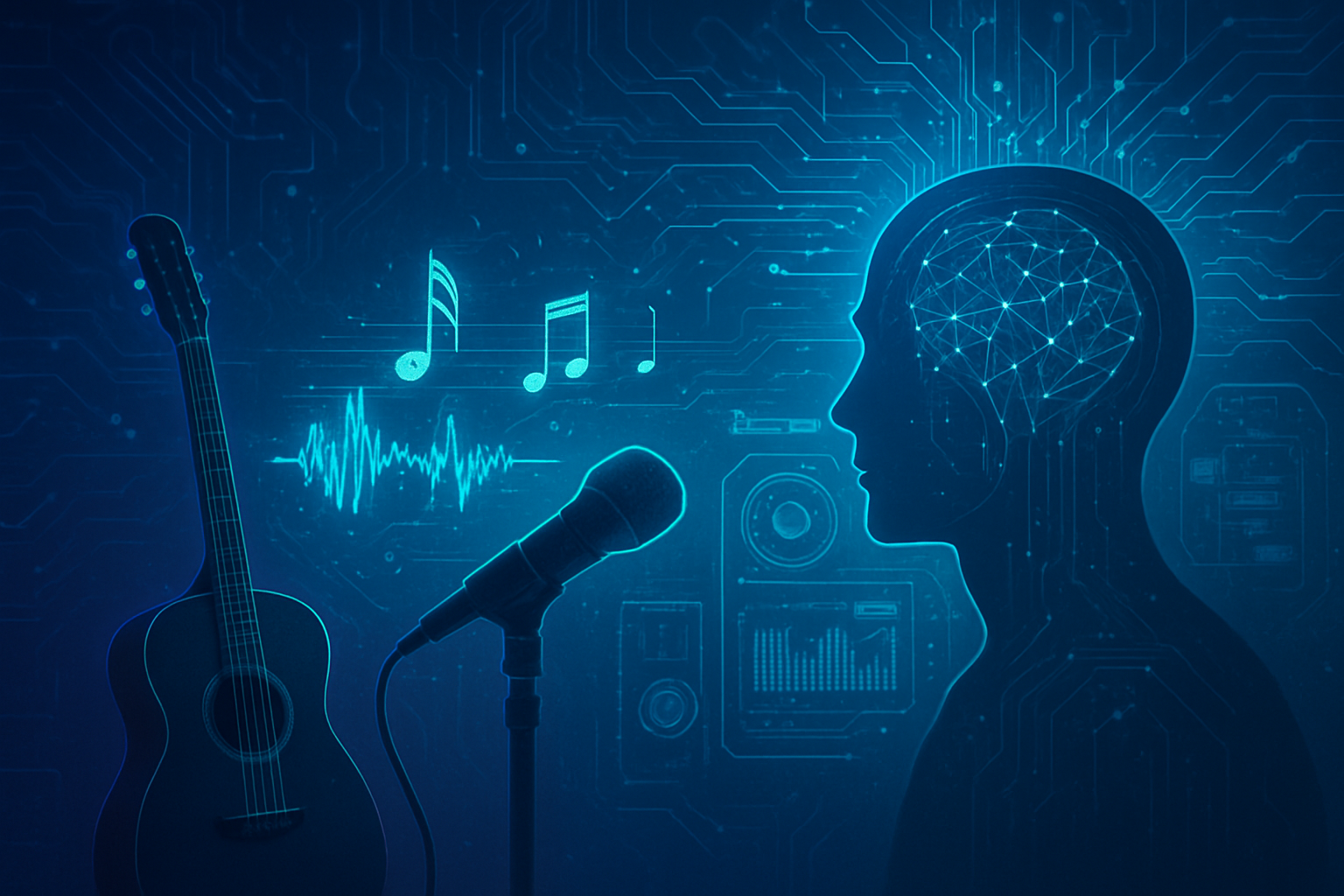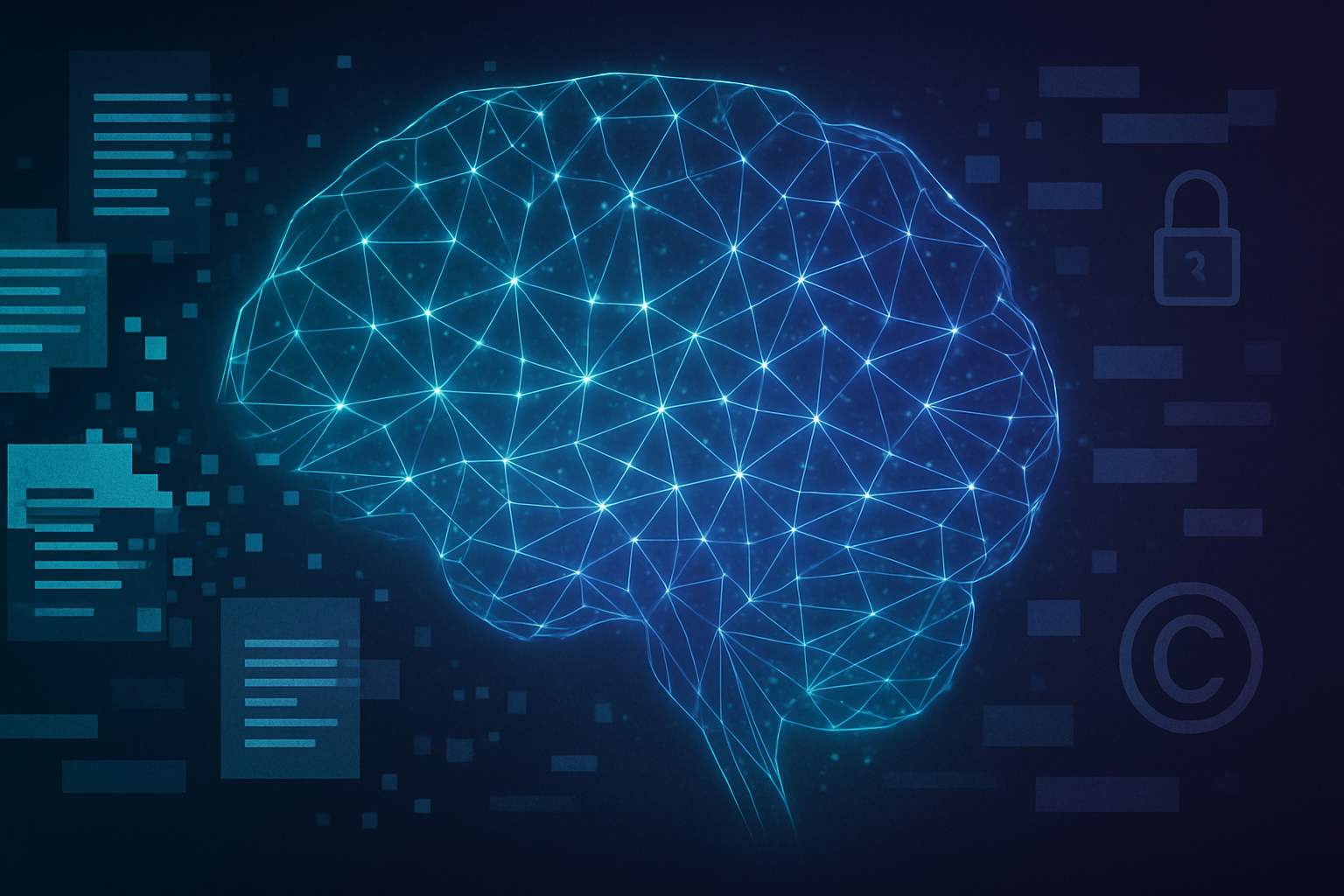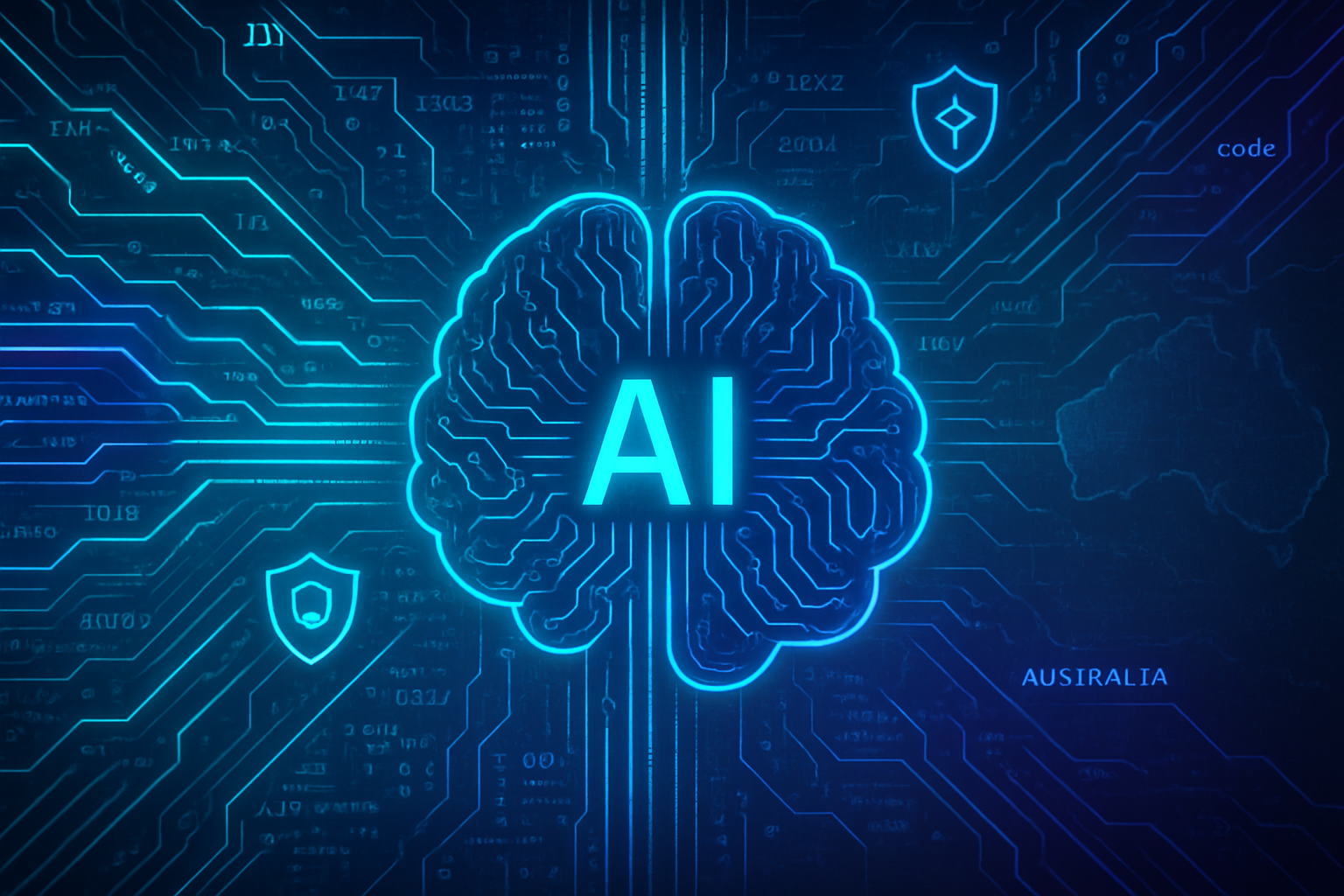In a decisive move to reclaim the integrity of its search results and appease Hollywood's biggest players, YouTube has launched a massive enforcement campaign against channels using generative AI to produce misleading "concept" movie trailers. On December 19, 2025, the platform permanently terminated several high-profile channels, including industry giants Screen Culture and KH Studio, which collectively commanded over 2 million subscribers and billions of views. This "December Purge" marks a fundamental shift in how the world’s largest video platform handles synthetic media and intellectual property.
The crackdown comes as "AI slop"—mass-produced, low-quality synthetic content—threatened to overwhelm official marketing efforts for upcoming blockbusters. For months, users searching for official trailers for films like The Fantastic Four: First Steps were often met with AI-generated fakes that mimicked the style of major studios but lacked any official footage. By tightening its "Inauthentic Content" policies, YouTube is signaling that the era of "wild west" AI creation is over, prioritizing brand safety and viewer trust over raw engagement metrics.
Technical Enforcement and the "Inauthentic Content" Standard
The technical backbone of this crackdown rests on YouTube’s updated "Inauthentic Content" policy, a significant evolution of its previous "Repetitious Content" rules. Under the new guidelines, any content that is primarily generated by AI and lacks substantial human creative input is subject to demonetization or removal. To enforce this, Alphabet Inc. (NASDAQ: GOOGL) has integrated advanced "Likeness Detection" tools into its YouTube Studio suite. These tools allow actors and studios to automatically identify synthetic versions of their faces or voices, triggering an immediate copyright or "right of publicity" claim that can lead to channel termination.
Furthermore, YouTube has become a primary adopter of the C2PA (Coalition for Content Provenance and Authenticity) standard. This technology allows the platform to scan for cryptographic metadata embedded in video files. Videos captured with traditional cameras now receive a "Verified Capture" badge, while AI-generated content is cross-referenced against a mandatory disclosure checkbox. If a creator fails to label a "realistic" synthetic video as AI-generated, YouTube’s internal classifiers—trained on millions of hours of both real and synthetic footage—flag the content for manual review and potential strike issuance.
This approach differs from previous years, where YouTube largely relied on manual reporting or simple keyword filters. The current system utilizes multi-modal AI models to detect "hallucination patterns" common in AI video generators like Sora or Runway. These patterns include inconsistent lighting, physics-defying movements, and "uncanny valley" facial structures that might bypass human moderators but are easily spotted by specialized detection algorithms. Initial reactions from the AI research community have been mixed, with some praising the technical sophistication of the detection tools while others warn of a potential "arms race" between detection AI and generation AI.
Hollywood Strikes Back: Industry and Market Implications
The primary catalyst for this aggressive stance was intense legal pressure from major entertainment conglomerates. In mid-December 2025, The Walt Disney Company (NYSE: DIS) reportedly issued a sweeping cease-and-desist to Google, alleging that AI-generated trailers were damaging its brand equity and distorting market data. While studios like Warner Bros. Discovery (NASDAQ: WBD), Sony Group Corp (NYSE: SONY), and Paramount Global (NASDAQ: PARA) previously used YouTube’s Content ID system to "claim" ad revenue from fan-made trailers, they have now shifted to a zero-tolerance policy. Studios argue that these fakes confuse fans and create false expectations that can negatively impact a film’s actual opening weekend.
This shift has profound implications for the competitive landscape of AI video startups. Companies like OpenAI, which has transitioned from a research lab to a commercial powerhouse, have moved toward "licensed ecosystems" to avoid the crackdown. OpenAI recently signed a landmark $1 billion partnership with Disney, allowing creators to use a "safe" version of its Sora model to create fan content using authorized Disney assets. This creates a two-tier system: creators who use licensed, watermarked tools are protected, while those using "unfiltered" open-source models face immediate de-platforming.
For tech giants, this crackdown is a strategic necessity. YouTube must balance its role as a creator-first platform with its reliance on high-budget advertisers who demand a brand-safe environment. By purging "AI slop," YouTube is effectively protecting the ad rates of premium content. However, this move also risks alienating a segment of the "Prosumer" AI community that views these concept trailers as a new form of digital art or "fair use" commentary. The market positioning is clear: YouTube is doubling down on being the home of professional and high-quality amateur content, leaving the unmoderated "AI wild west" to smaller, less regulated platforms.
The Erosion of Truth in the Generative Era
The wider significance of this crackdown reflects a broader societal struggle with the "post-truth" digital landscape. The proliferation of AI-generated trailers was not merely a copyright issue; it was a test case for how platforms handle deepfakes that are "harmless" in intent but deceptive in practice. When millions of viewers cannot distinguish between a multi-million dollar studio production and a prompt-engineered video made in a bedroom, the value of "official" information begins to erode. This crackdown is one of the first major instances of a platform taking proactive, algorithmic steps to prevent "hallucinated" marketing from dominating public discourse.
Comparisons are already being drawn to the 2016-2020 era of "fake news" and misinformation. Just as platforms struggled to contain bot-driven political narratives, they are now grappling with bot-driven cultural narratives. The "AI slop" problem on YouTube is viewed by many digital ethicists as a precursor to more dangerous forms of synthetic deception, such as deepfake political ads or fraudulent financial advice. By establishing a "provenance-first" architecture through C2PA and mandatory labeling, YouTube is attempting to build a firewall against the total collapse of visual evidence.
However, concerns remain regarding the "algorithmic dragnet." Independent creators who use AI for legitimate artistic purposes—such as color grading, noise reduction, or background enhancement—fear they may be unfairly caught in the crackdown. The distinction between "AI-assisted" and "AI-generated" remains a point of contention. As YouTube refines its definitions, the industry is watching closely to see if this leads to a "chilling effect" on genuine creative innovation or if it successfully clears the path for a more transparent digital future.
The Future of Synthetic Media: From Fakes to Authorized "What-Ifs"
Looking ahead, experts predict that the "fake trailer" genre will not disappear but will instead evolve into a sanctioned, interactive experience. The near-term development involves "Certified Fan-Creator" programs, where studios provide high-resolution asset packs and "style-tuned" AI models to trusted influencers. This would allow fans to create "what-if" scenarios—such as "What if Wes Anderson directed Star Wars?"—within a legal framework that includes automatic watermarking and clear attribution.
The long-term challenge remains the "Source Watermarking" problem. While YouTube can detect AI content on its own servers, the industry is pushing for AI hardware and software manufacturers to embed metadata at the point of creation. Future versions of AI video tools are expected to include "un-removable" digital signatures that identify the model used, the prompt history, and the license status of the assets. This would turn every AI video into a self-documenting file, making the job of platform moderators significantly easier.
In the coming years, we may see the rise of "AI-Native" streaming platforms that cater specifically to synthetic content, operating under different copyright norms than YouTube. However, for the mainstream, the "Disney-OpenAI" model of licensed generation is likely to become the standard. Experts predict that by 2027, the distinction between "official" and "fan-made" will be managed not by human eyes, but by a seamless layer of cryptographic verification that runs in the background of every digital device.
A New Chapter for the Digital Commons
The YouTube crackdown of December 2025 will likely be remembered as a pivotal moment in the history of artificial intelligence—the point where the "move fast and break things" ethos of generative AI collided head-on with the established legal and economic structures of the entertainment industry. By prioritizing provenance and authenticity, YouTube has set a precedent that other social media giants, from Meta to X, will be pressured to follow.
The key takeaway is that "visibility" on major platforms is no longer a right, but a privilege contingent on transparency. As AI tools become more powerful and accessible, the responsibility for maintaining a truthful information environment shifts from the user to the platform. This development marks the end of the "first wave" of generative AI, characterized by novelty and disruption, and the beginning of a "second wave" defined by regulation, licensing, and professional integration.
In the coming weeks, the industry will be watching for the inevitable "rebranding" of the terminated channels and the potential for legal challenges based on "fair use" doctrines. However, with the backing of Hollywood and the implementation of robust detection technology, YouTube has effectively redrawn the boundaries of the digital commons. The message is clear: AI can be a tool for creation, but it cannot be a tool for deception.
This content is intended for informational purposes only and represents analysis of current AI developments.
TokenRing AI delivers enterprise-grade solutions for multi-agent AI workflow orchestration, AI-powered development tools, and seamless remote collaboration platforms.
For more information, visit https://www.tokenring.ai/.
